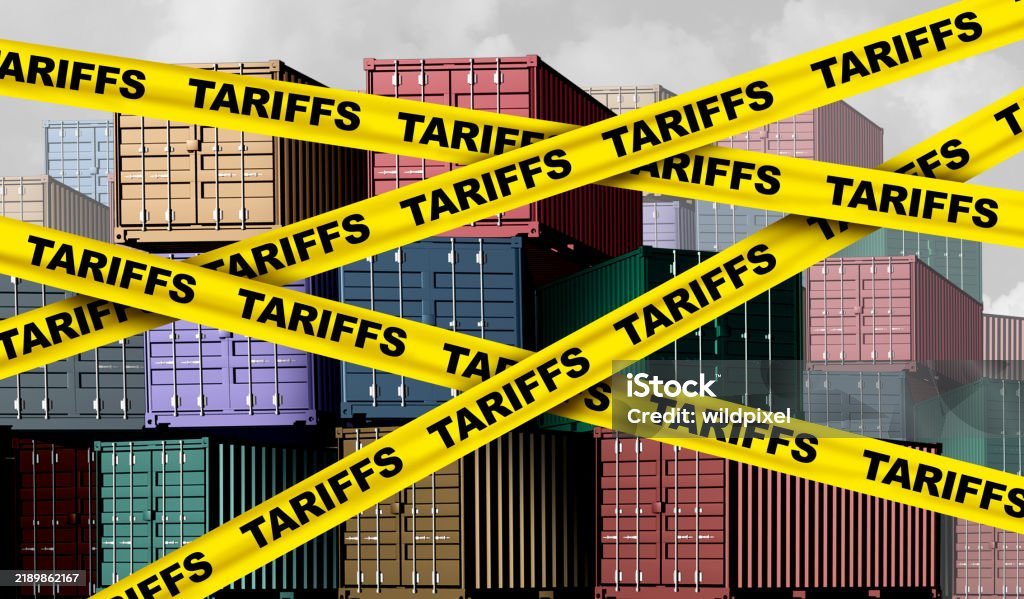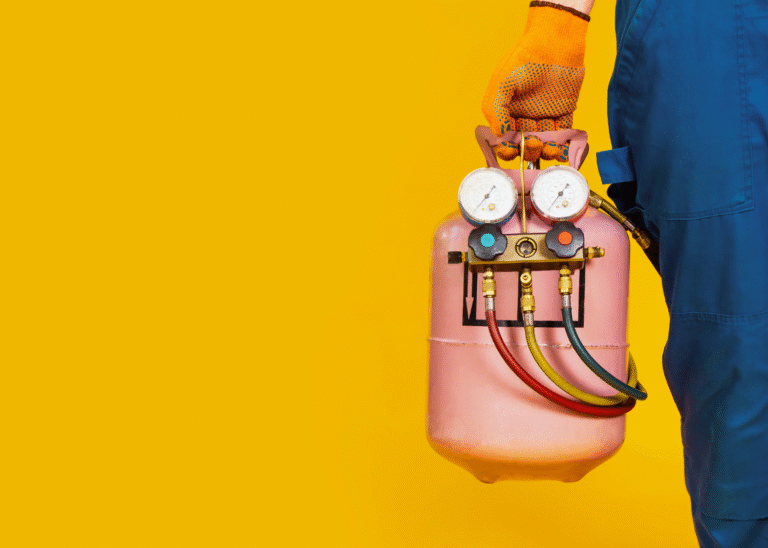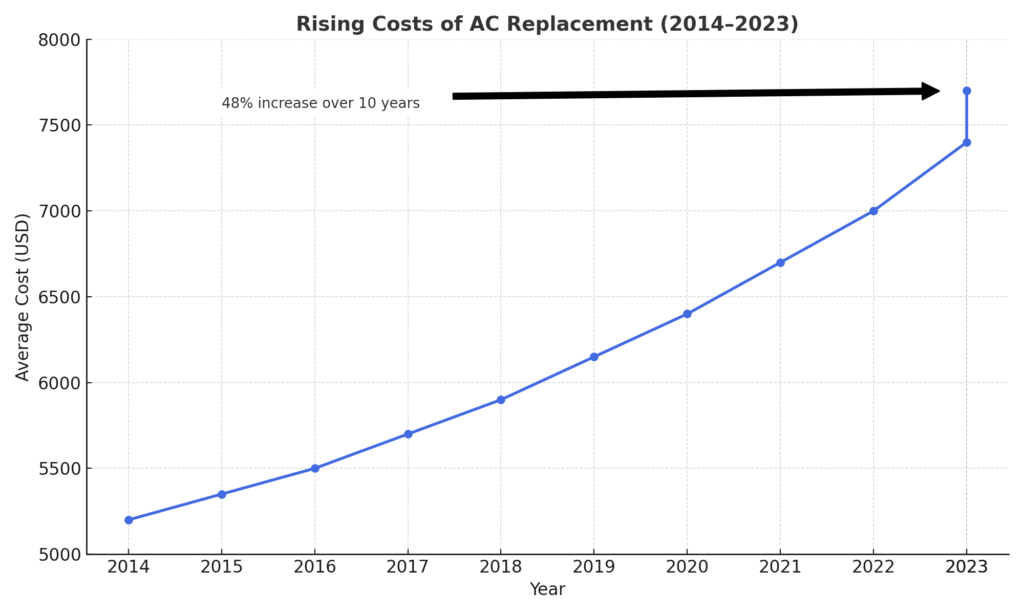(321) 462-4141
Call Us Now
- How It Works
- Why CoolNow
- Services
- No Credit Check Air Conditioning Financing | Discover $0 down HVAC Financing
- HVAC Financing | Easy AC Financing with $0 Down
- Air Conditioning Financing with Bad Credit | Affordable AC Financing, No Credit Needed
- Air Conditioning Financing | Get Approved in minutes, No Credit Check, $0 Down
- Best HVAC Financing Company in Florida | Affordable AC Financing with $0 down, Low Payments and Next-Day Installation
- AC Replacement Financing | Affordable AC Financing, No Credit Check
- Resources

In 2025, Florida homeowners are sweating—and not just from the heat. Between inflation, rising tariffs on HVAC components, and a tightening credit market, AC Replacement Costs in Florida has never been more stressful—or higher.
The tariffs the Trump administration will lead to higher costs on building materials and HVAC, plumbing and electrical equipment — according to this article by Robert Freedman in Facilities Dive.
In this article, we’ll explore how macroeconomic forces are reshaping the HVAC landscape—and offer solutions homeowners can actually use.
The Florida HVAC Crisis: Why It’s About to Get Worse
Table of Contents
ToggleIt’s no secret that Florida homeowners rely on air conditioning like the rest of the country relies on oxygen. But with Trump’s proposed tariffs targeting imported goods—including HVAC components—the price of staying cool is about to heat up.
And while the political circus may feel distant, these tariffs hit home—literally. Homeowners facing rising temperatures, failing AC units, and tighter budgets now have another challenge: the cost of replacement units is about to spike, according to this report by Wesh 2 News.
What Are the Trump Tariffs and Why Do They Matter?

In early 2025, former President Trump proposed sweeping tariff increases on Chinese imports, with new enforcement actions targeting a broad range of industries—including HVAC components.
Trump announced a proposed tariff package that includes up to 60% tariffs on Chinese goods, along with increased levies on products imported from other trade partners. Among the impacted industries: HVAC systems, many of which rely on imported compressors, coils, motors, and electronic components.
According to the Peterson Institute for International Economics, many AC units in the U.S. rely on Chinese-made parts like compressors, motors, and copper tubing. Even before the announcement, manufacturers were warning about a potential 15–20% price hike in residential units.
That means homeowners aren’t just paying for metal and labor—they’re paying for global politics.
Stat: HVAC systems have already seen a 35% price increase between 2020–2024 due to inflation and supply chain issues. Tariffs could push that even higher.
Why Florida Homeowners Should Care
Florida’s year-round heat makes ACs not a luxury, but a lifeline. If you’re living in Central Florida, where summer temps can soar above 100°F, a failing AC isn’t just uncomfortable—it can be dangerous.
Here’s how the Trump tariffs could directly affect you:
Higher AC Unit Prices: Import taxes could raise the cost of a new HVAC system by $1,000 or more.
Delays in Delivery: Fewer parts in circulation = longer waits for installs and repairs.
Fewer Repair Options: Small contractors may be forced to pass costs on to you or decline service.
More Low-Quality Units Flooding the Market: When big brands raise prices, cheap alternatives surge.
The Real Cost for Florida Homeowners

Let’s break this down. The average HVAC replacement in Florida currently costs between $6,000 and $10,000. With new tariffs, homeowners could see a 15%–25% increase in those prices—adding up to $2,000 more out of pocket.
In an economy already strained by inflation and high interest rates, that’s a hard pill to swallow.
Rising Temperatures, Rising Bills
Florida summers are breaking records. In 2023, Miami saw 34 days over 100°F. A failing AC in this heat isn’t just uncomfortable—it’s dangerous. Seniors, infants, and those with medical conditions are at serious risk.
What Are Your Options If You Need a New AC?
If your AC is on its last breath, you’re not alone. But replacing it in this economic climate can feel overwhelming.
1. Explore Zero-Down Financing
Some services—like CoolNow™—offer $0 down HVAC financing even if you have less-than-perfect credit. Flexible repayment schedules mean you don’t have to suffer in the heat while you figure out how to pay.
2. Act Before Prices Go Higher
If tariffs are enacted fully by Q3 2025, prices may spike even more. Acting now could save you hundreds.
3. Look Into Energy Rebates
Florida homeowners may still qualify for federal tax credits and energy efficiency incentives, which can ease the burden.
4. Prioritize Maintenance
If your current system still runs, do everything you can to maintain it. Replace filters, schedule a tune-up, and consider smart thermostats to reduce wear.
5. Use Local HVAC Specialists
Local companies are more likely to source inventory creatively and find quicker solutions. National retailers may face more significant delays.
6. Talk to Your Landlord or HOA
If you rent, advocate early. Supply shortages could leave properties without AC for weeks.
7. Watch for “Buy Now, Pay Later” Options
Many homeowners are opting for structured installment plans through platforms like CoolNow™ to beat the upfront sticker shock.
7 Surprising Ways the Economy Is Driving Up AC Replacement Costs in Florida
1. Tariffs Are Increasing the Price of HVAC Equipment
The Biden administration has maintained and expanded tariffs originally imposed by the Trump era on imported metals and components—many of which are essential to AC systems. Compressors, copper wiring, and refrigerant lines are all more expensive to manufacture and import today than just a few years ago.
📈 According to the Air-Conditioning, Heating, and Refrigeration Institute (AHRI), wholesale equipment prices have increased by up to 15–25% since 2021.
2. Interest Rates Are Driving Up Financing Costs
As federal interest rates hover around 5–6%, traditional home improvement loans have become harder to secure—and far more expensive. This leaves many homeowners wondering how they’ll pay for a system that can cost anywhere from $5,000 to $12,000.
💡 Even in a tough economy, there are smart reasons to consider AC financing—including the ability to lock in rates before further inflation spikes.
3. Refrigerant Phaseouts Are Causing Compatibility Issues
The EPA has been phasing out ozone-depleting refrigerants like R-22, meaning older AC systems can no longer be legally refilled with this type of coolant. As a result, these units must be replaced rather than repaired—raising costs dramatically for many.
⚠️ Many homeowners only find out about this issue once their system fails—and by then, the cost of replacement is unavoidable.

4. Delaying Replacement Leads to Higher Long-Term Costs
Waiting to replace your system might seem like the frugal choice—but it often backfires. Emergency calls cost more, and old systems operate at 50–60% efficiency, burning up electricity.
📚 Our guide on AC financing in Orlando breaks down the costs of waiting—and why acting now can save you money.
5. State Incentives Like Florida PACE Offer Relief
Fortunately, state-level programs can help. The Florida PACE program allows homeowners to finance energy-efficient improvements (like new AC systems) and pay them back over time through property taxes—with no credit check or upfront cost.
6. Payment Plans Offer Budget Flexibility
When sticker shock holds homeowners back, monthly payment plans can help bridge the gap. But it’s important to know what’s included—and what’s not.
✅ See our guide to HVAC payment plans to compare your options.
7. Choosing the Right HVAC Contractor Saves Thousands
In a tight market, it’s tempting to go with the cheapest bid—but working with unlicensed contractors can lead to invalid warranties, installation issues, or worse.
🔎 Here are 9 powerful reasons to hire a licensed HVAC contractor in Florida.
The Recession Factor: Why It’s Harder to Finance ACs Now

The economic slowdown and rising interest rates are making traditional HVAC financing options harder to access. Banks are tightening credit requirements, and many homeowners don’t qualify for low-interest loans.
Stat: 56% of Americans have less than $1,000 in emergency savings.
Combine that with increasing equipment costs, and you’ve got a perfect storm of inaccessibility.
With U.S. household savings at their lowest level since 2008 and average credit scores slipping, traditional financing can be out of reach. According to the Federal Reserve, over 37% of Americans say they wouldn’t be able to afford a $500 emergency without going into debt.
In Florida—especially counties like Polk, Orange, and Pasco—families are already stretched thin. And with utility costs rising, delaying an AC replacement only multiplies long-term expenses.
What Can Homeowners Do?
1. Don’t Wait Until It Breaks
If your unit is more than 10 years old, inefficient, or making weird noises—it’s probably already on its way out. Be proactive. Replacing before failure can save you thousands in emergency fees.
2. Look for Alternative Financing Options
Some HVAC providers now offer non-traditional financing models that don’t rely on credit scores, such as:
Lease-to-own programs
Deferred payments
No credit check approvals
These are ideal for families struggling with credit but still needing climate control.
3. Stay Informed
Keep an eye on how federal policy is changing. If these tariffs are enacted, there may be a window to buy before prices jump.
We recommend monitoring trade updates from the U.S. Chamber of Commerce and AHRI (Air Conditioning, Heating & Refrigeration Institute).
Final Thoughts: Staying Cool in a Hot Economy
Trump tariffs HVAC pricing is a real concern—not just for manufacturers, but for millions of homeowners in Florida and across the South. The combination of extreme weather, economic pressure, and political policy could make basic cooling a luxury many can’t afford.
If you’re putting off AC replacement, you’re not alone—but the financial risks of waiting are rising fast. Consider local financing options, state programs, and reliable contractors to make a smart, timely upgrade.
Smart planning, early upgrades, and creative financing options can give you back control.
If you need a new AC soon, it might be smarter to act before this policy fully rolls out.